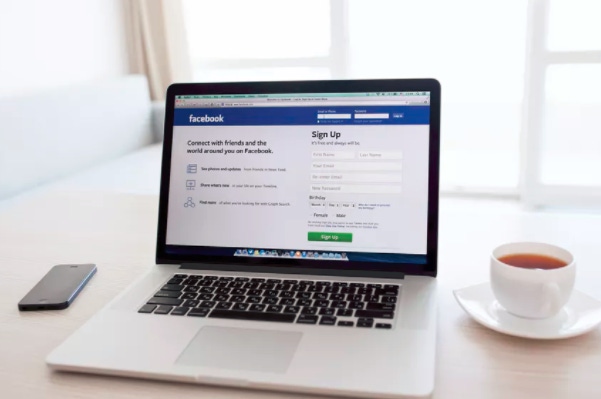Facebook has introduced new restrictions on its video streaming platform, Live, suggesting those who break other Facebook policies will be banned for a period of time.
May 16, 2019

Facebook has introduced new restrictions on its video streaming platform, Live, suggesting those who break other Facebook policies will be banned for a period of time.
The move comes in response to the live broadcast of the terrorist attack in Christchurch, New Zealand. The social media platform broadcast the incident for 29 minutes, with around 200 people viewing the content, before it was cut. After heavy criticism, Facebook needed to act in an attempt to prevent a repeat of such a broadcast.
“Following the horrific terrorist attacks in New Zealand, we’ve been reviewing what more we can do to limit our services from being used to cause harm or spread hate,” said Guy Rosen, VP Integrity at Facebook.
“As a direct result, starting today, people who have broken certain rules on Facebook – including our Dangerous Organizations and Individuals policy – will be restricted from using Facebook Live.”
Although some might suggest this is a potential limitation of free speech principles, Facebook has had to do something about the grey areas. It is unreasonable for moderators to view and approve every piece of content, while artificial intelligence technologies are still not advanced enough to tackle the problem. Taking a merit approach, removing privileges from those who already break the rules, is a less-than adequate approach but one of the few options without shutting down the feature completely.
The ‘one strike rule’ is a tightening up of rules which already existed. Facebook has been limiting the access of those who break the platforms rules, though this is a much more stringent approach specific to the Live feature.
“From now on, anyone who violates our most serious policies will be restricted from using Live for set periods of time – for example 30 days – starting on their first offense,” said Rosen. “For instance, someone who shares a link to a statement from a terrorist group with no context will now be immediately blocked from using Live for a set period of time.”
This is an incredibly difficult equation to balance, and this is not a perfect approach. It is still reactionary not preventative, but it should limit the risk. Unfortunately for Facebook, and everyone in general, whatever is done to attempt to limit these abuses, and technological abuses in general, will only be hurdles; there will always be a way to get around the safeguards.
The only way Facebook can prevent a repeat of this incident is to shut down Live completely, however, the vast majority of those using the feature are doing so as intended. More work needs to be done, but Facebook is attempting to make progress.
About the Author(s)
You May Also Like








.png?width=300&auto=webp&quality=80&disable=upscale)


_1.jpg?width=300&auto=webp&quality=80&disable=upscale)


.png?width=800&auto=webp&quality=80&disable=upscale)